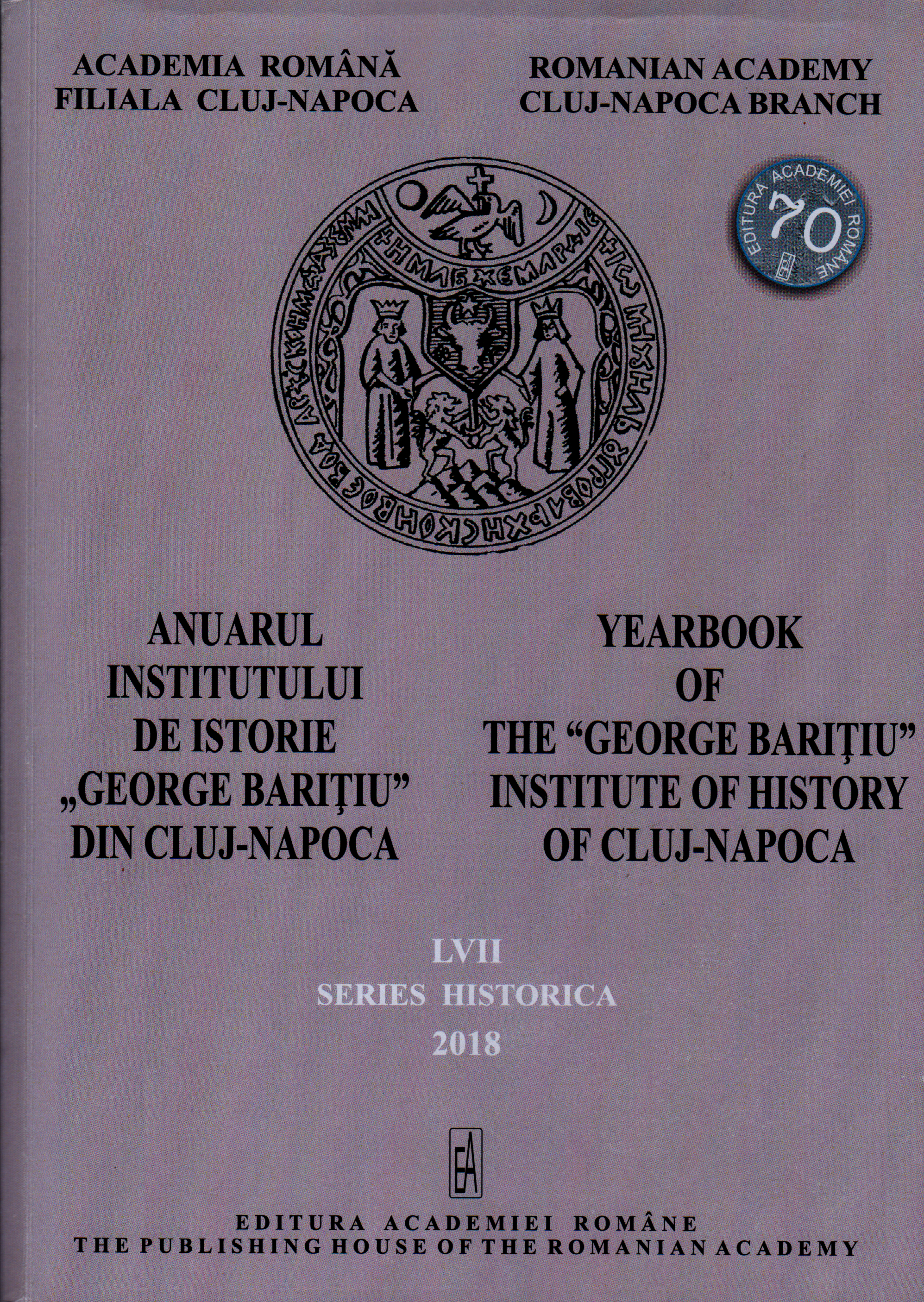Un ofițer român din Maramureș pe frontul italian. Jurnalul de război al maiorului Artur Dan (1918)
A Romanian Officer from Maramureş on the Italian Front. The War Journal of Major Artur Dan (1918)
Author(s): Ovidiu MunteanSubject(s): Local History / Microhistory, Pre-WW I & WW I (1900 -1919)
Published by: Editura Academiei Române
Keywords: First World War; Italian front; military operations; memoirs of war; Romanian officer
Summary/Abstract: Born in an old family from Maramureş, Artur Dan of Apșa left a few notes regarding his ancestry, education and training in military schools across Austria- Hungary. His maternal grandfather, Alexiu Anderco, was a priest and archpriest in Borşa. Later on in time, his father, Basiliu Dan, held the same office. His uncle, Ioan Artemiu Anderco, studied medicine in Paris, Rome, and Turin, and was the author of an interesting Journal, published by Nicolae Iorga in 1934. He was a dedicated career officer and was decorated several times in the Great War, when he fought in the Austro-Hungarian Army, initially on the Balkan front against the Serbs and, then, in Galicia. Here he was taken prisoner by the Russians (1915), being interned in a camp in Siberia, from where he managed to escape in April 1918. After returning from captivity, he was reinstated in the Austro-Hungarian Army, advanced to the rank of major and transferred to the Italian front. The diary includes the author’s daily notes about the departure of his battalion on the front and then the dramatic withdrawal caused by the Italian offensive that began on 24 October 1918. Having witnessed the collapse of the Monarchy and its army, he returned to Maramureş in the autumn of 1918, placing himself in the service of national ideals. From this point of view, he became the classic example of an officer who was fully committed to the accomplishment of the Great Union of 1918. Together with his uncle, Alexandru-Cuza Anderco, he participated, in Sighet, in the establishment of the Romanian National Council in Maramureş and attended its meetings. After the Great Union, he enlisted in the Romanian Army and fought in the battles of 1919 against the Hungarian communists, being decorated and promoted to the rank of colonel by King Ferdinand.
Journal: Anuarul Institutului de Istorie »George Bariţiu« - Series HISTORICA
- Issue Year: LVII/2018
- Issue No: 57
- Page Range: 199-211
- Page Count: 13
- Language: Romanian

